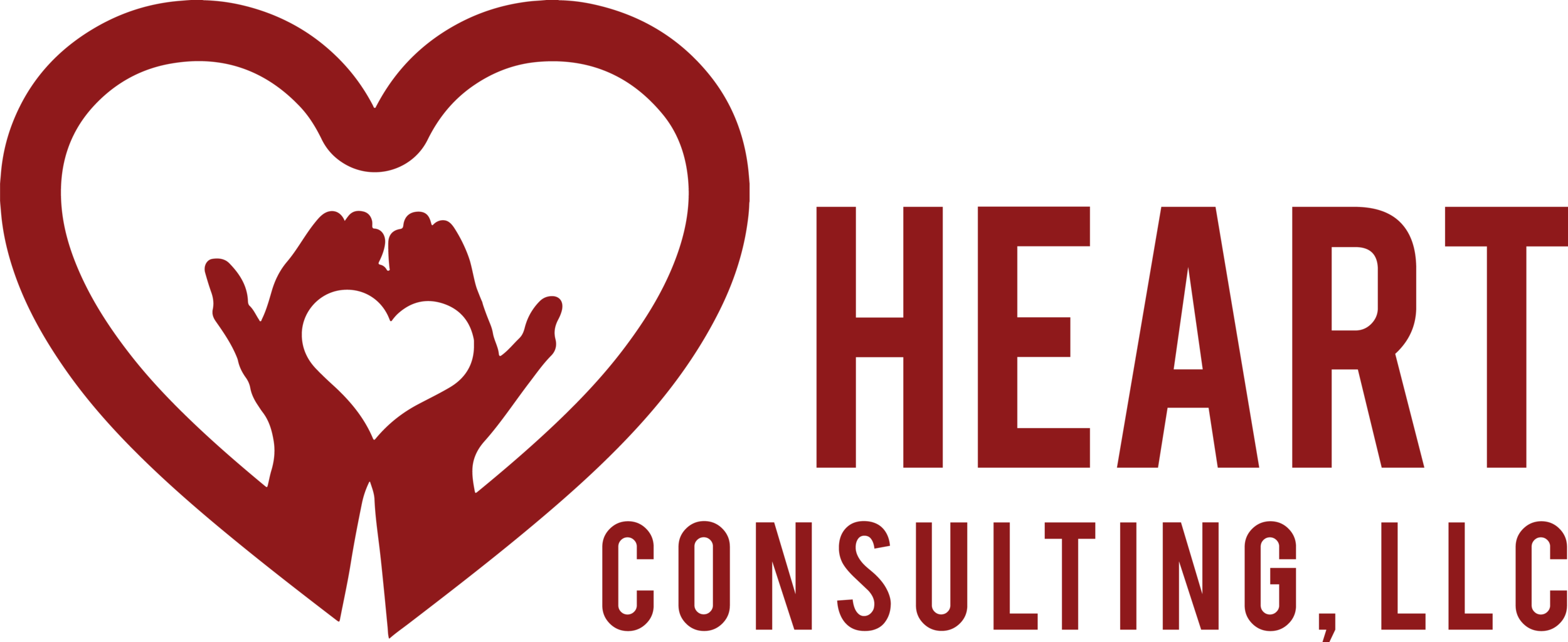The Right to Know Your Rights
A friend of mine recently shared an article with me from Buzz Feed News about a woman who was sexually assaulted in a facility. The only reason the abuser was caught was because someone without a disability witnessed it. She was able to communicate using ASL, but was never taught the signs necessary for reporting abuse or assault.
Why is that? Does our society continue to assume that no one would hurt someone with a disability? Many people assume sexual assault is about sexual attraction, and again assume that people with disabilities are asexual and that a perpetrator would not be "attracted" to them. We know neither of these assumptions are at all accurate. Sexual assault and abuse is about power and control. It's about having control over another human being, about humiliating them, and about feeling superior. Sexual attraction and desire have nothing to do with a person's decision to sexually assault another human. And to be clear, people with disabilities are far from asexual. They have the same needs and desires as everyone else.
Or are the people who are supposed to be serving individuals with disabilities stretched too thin, underpaid, and don't have the time to care about this subject? I've worked in residential settings doing personal care, and collaborated with several residential agencies. I know how overwhelming it can be to get a person ready for the day, to doctor appointments, out to do community activities, and all of their personal cares. Oftentimes, services are just about keeping someone safe in their home and employed. For most of us, life is not just about getting out the door to work on time, and having our Activities of Daily Living completed. As humans, we need more than that. It's important to have conversations around relationship safety, that include topics such as consent, sexual assault, abuse, assertiveness skills, and a person's rights. People need to be given the vocabulary to be able to report incidents of abuse, and that includes naming sexual body parts. If home staff are uncomfortable having these conversations, it is the agency's responsibility to find someone who can. Everyone, including people with disabilities, has a right to know their rights.
A perpetrator will often use the flaws of the system as an opportunity to assault, assuming that a person with a disability either can't/won't report, or that no one will believe them. All staff working with someone with a disability need to be thoroughly trained on how to spot an abusive situation, how to report it, and how to effectively support victims of sexual and domestic violence.
While I was sharing Heart's information at a high school resource fair, a parent said they don't need our services because their son is not interested in dating. To be clear, abuse and assault do not just happen in a bubble. It is not only intimate partners who can abuse. The majority of perpetrators are someone the victim knows. This can be friends, family, roommates, staff people, or a significant other. Even if a person has not expressed an interest in dating or sex, please make sure they are still educated around safe relationships. That is what Heart is here for, to have and encourage those conversations to empower people with disabilities to assert their rights and to feel safe and supported.
Please contact us to learn more about how we can help with both individual education for people with disabilities, and staff education, to ensure safety and empowerment.
Thanks for reading,
Ellen Merker
Founder, Heart Consulting LLC
